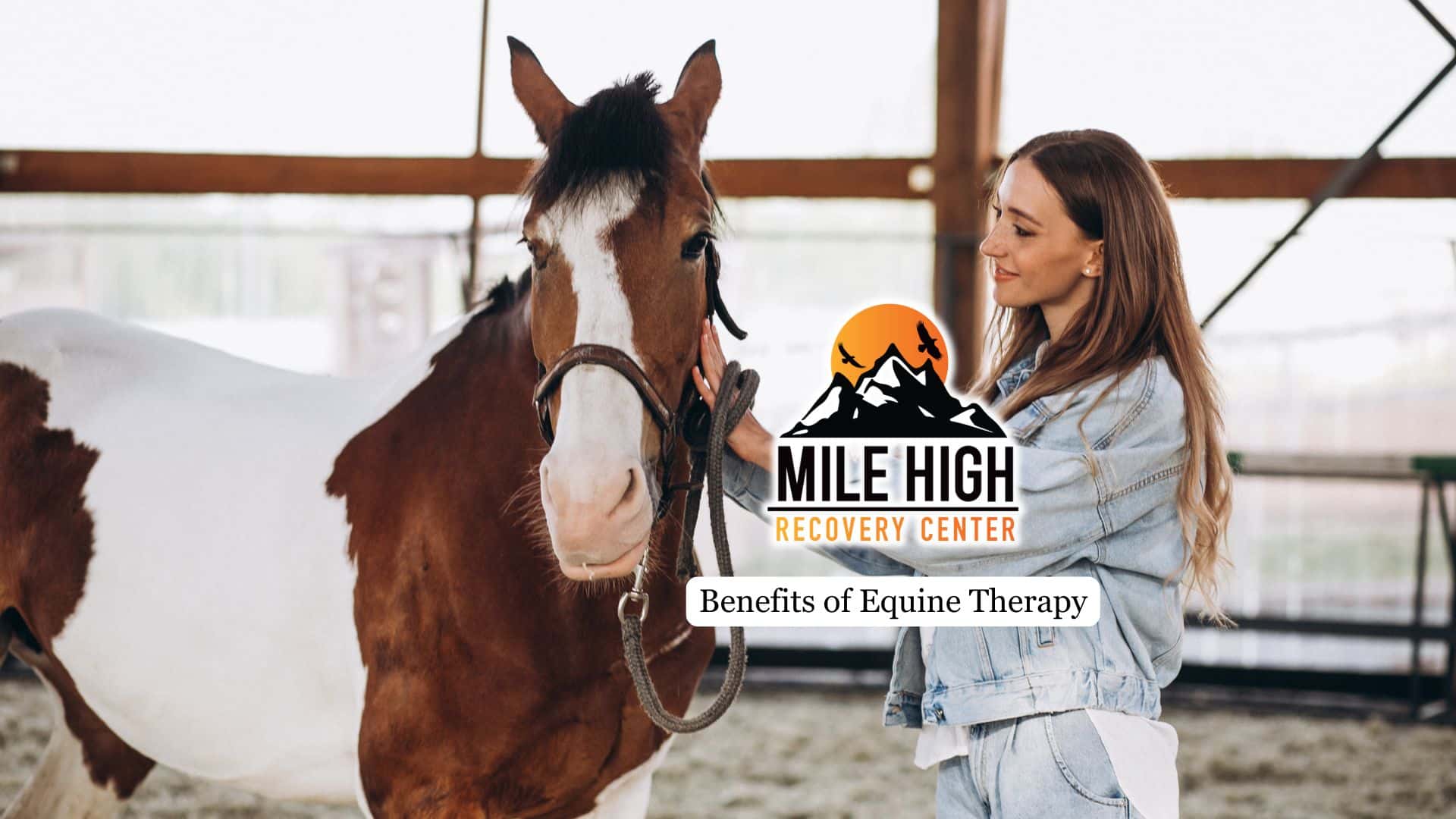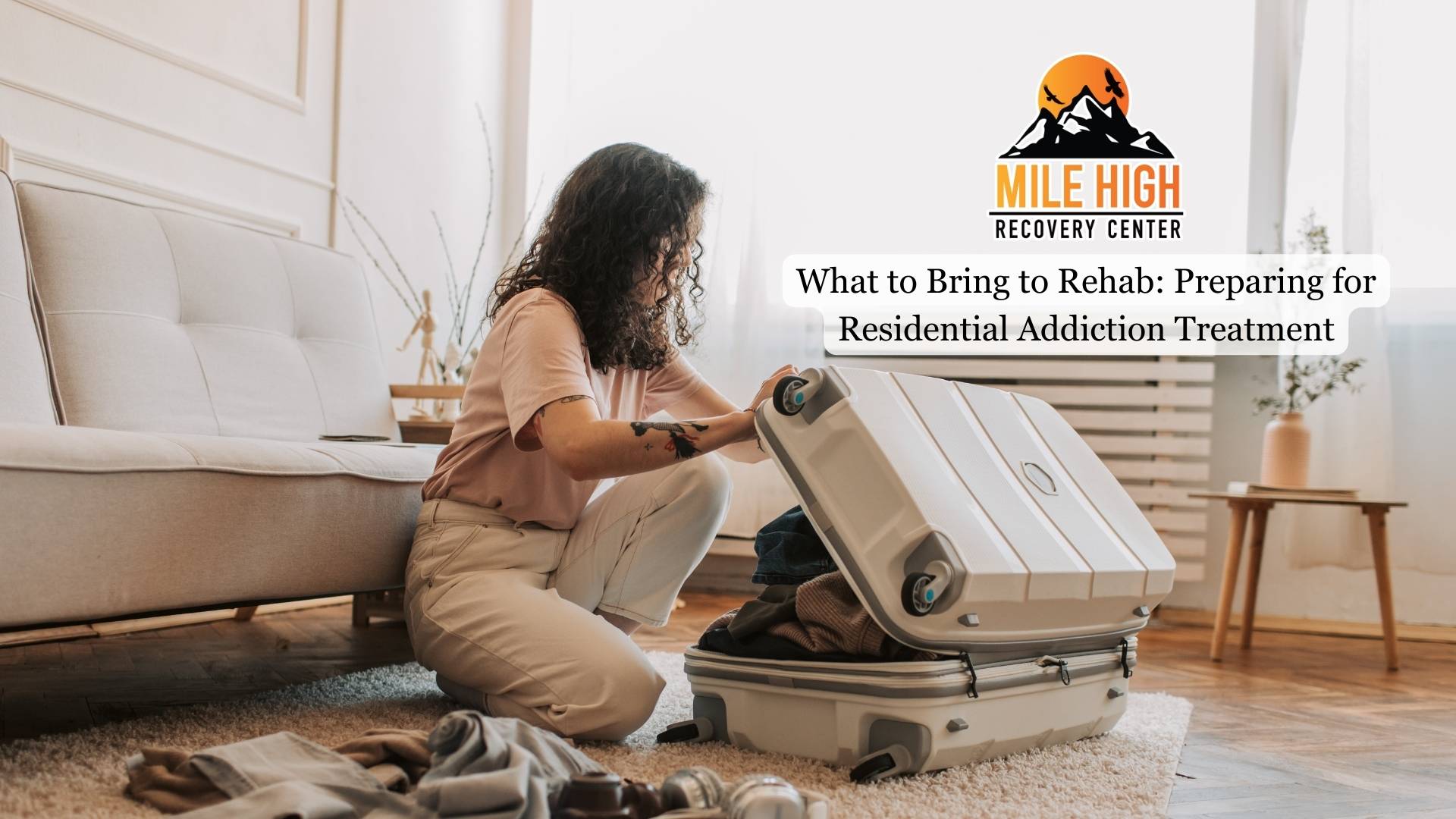Equine therapy is a powerful tool for improving mental, emotional, and physical health, especially for individuals in addiction recovery. With rising interest in holistic treatment methods, therapy programs involving horses are proving effective for addressing substance use disorders and co-occurring behavioral health challenges.
This article explores the many benefits of equine-assisted therapy and what makes it uniquely transformative.

Equine-Assisted Therapy for Emotional Regulation
For individuals recovering from substance use, this form of therapy helps with improving mental health, building emotional regulation, and self-awareness. Participants learn to stay calm, present, and intentional—key skills for avoiding relapse. Unlike traditional therapy, equine-assisted psychotherapy emphasizes nonverbal communication and connection, offering unique breakthroughs for those who struggle to express themselves in talk therapy.
Equine therapy benefits include developing patience, empathy, and emotional control, all within a safe and supportive environment. These skills directly translate to improved relationships, self-confidence, and coping mechanisms during recovery.
Therapeutic Riding and Physical Benefits in Addiction Recovery
Therapeutic riding and hippotherapy are different forms of equine therapy that provide significant physical and psychological benefits. Riding a horse engages core muscles, enhances balance, and promotes physical health. For individuals whose substance abuse has led to neglect of the body, the physical benefits of riding horses can be restorative.
Hippotherapy, guided by a licensed physical or speech therapist, is designed for people with physical disabilities or motor challenges, including individuals with cerebral palsy or neurological impacts from addiction. The movement of the horse mimics natural human gait, which supports physical rehabilitation and improved sensory integration.
These equine-assisted therapies not only promote physical health but also build a sense of accomplishment and self-worth. As participants develop riding skills, they begin to view their bodies not as damaged, but as capable and strong—a vital shift in self-perception during addiction recovery.
Building Self-Esteem and Accountability by Working with Horses
Equine therapy provides more than physical engagement; it also promotes emotional health and personal responsibility. Many individuals in recovery have struggled with shame, broken relationships, and low self-esteem. Working with horses—grooming, feeding, leading—requires consistency, respect, and patience.
Through this interaction, participants begin to rebuild trust in themselves. The bond between humans and horses fosters a connection that is honest and free of judgment. This kind of relationship encourages individuals to explore vulnerability, responsibility, and self-care in ways that talk therapy alone cannot always access.
This includes nurturing a sense of responsibility and developing care habits. As individuals learn to lead a horse with confidence and calm, they discover their own leadership abilities. These lessons become deeply ingrained and transferable to everyday life.

Supporting Comprehensive Mental Health Treatment
Equine therapy programs are most effective when integrated into comprehensive mental health treatment. Equine-assisted psychotherapy complements group therapy, individual counseling, and relapse prevention planning. For individuals struggling with mental health issues and addiction, combining these approaches offers a full-spectrum path to healing.
Therapy sessions led by a mental health professional and equine therapist allow individuals to process trauma, address mental health concerns, and gain emotional insight through physical interaction. The use of experiential therapy and equine-assisted models allows clients to test emotional boundaries, develop trust, and experience healing within a controlled, yet natural environment.
Using equine therapy as part of a comprehensive treatment model supports long-term progress, helping participants internalize therapeutic lessons and apply them in real-world settings.
Mindfulness and the Power of the Horse in Recovery
Horses can teach us to be present in ways few other therapeutic tools can. Because they are prey animals, horses are acutely aware of their environment. They react to subtle changes in body language and energy. For individuals in recovery, these interactions promote mindfulness and emotional regulation.
The value of horseback riding in therapy lies not only in the physical benefits but in the emotional clarity it brings. Being present during equine-assisted therapy sessions encourages participants to slow down, reflect, and respond rather than react. This skill is essential in managing cravings, coping with stress, and fostering emotional stability. The advantages of interacting with horses also include reduced anxiety, improved mood, and a stronger sense of connection.
Final Thoughts from Mile High Recovery
Equine therapy offers more than just an alternative to traditional treatment—it delivers real, lasting benefits that support recovery from every angle. From emotional regulation to physical rehabilitation, the connection between horses and people fosters healing that words alone often can’t reach.
At Mile High Recovery in Denver, CO, we integrate equine-assisted therapy into our broader addiction and mental health programs to support the whole person. Led by licensed professionals and equine specialists, our sessions help individuals rediscover their strengths, rebuild trust, and move forward with clarity and confidence.







